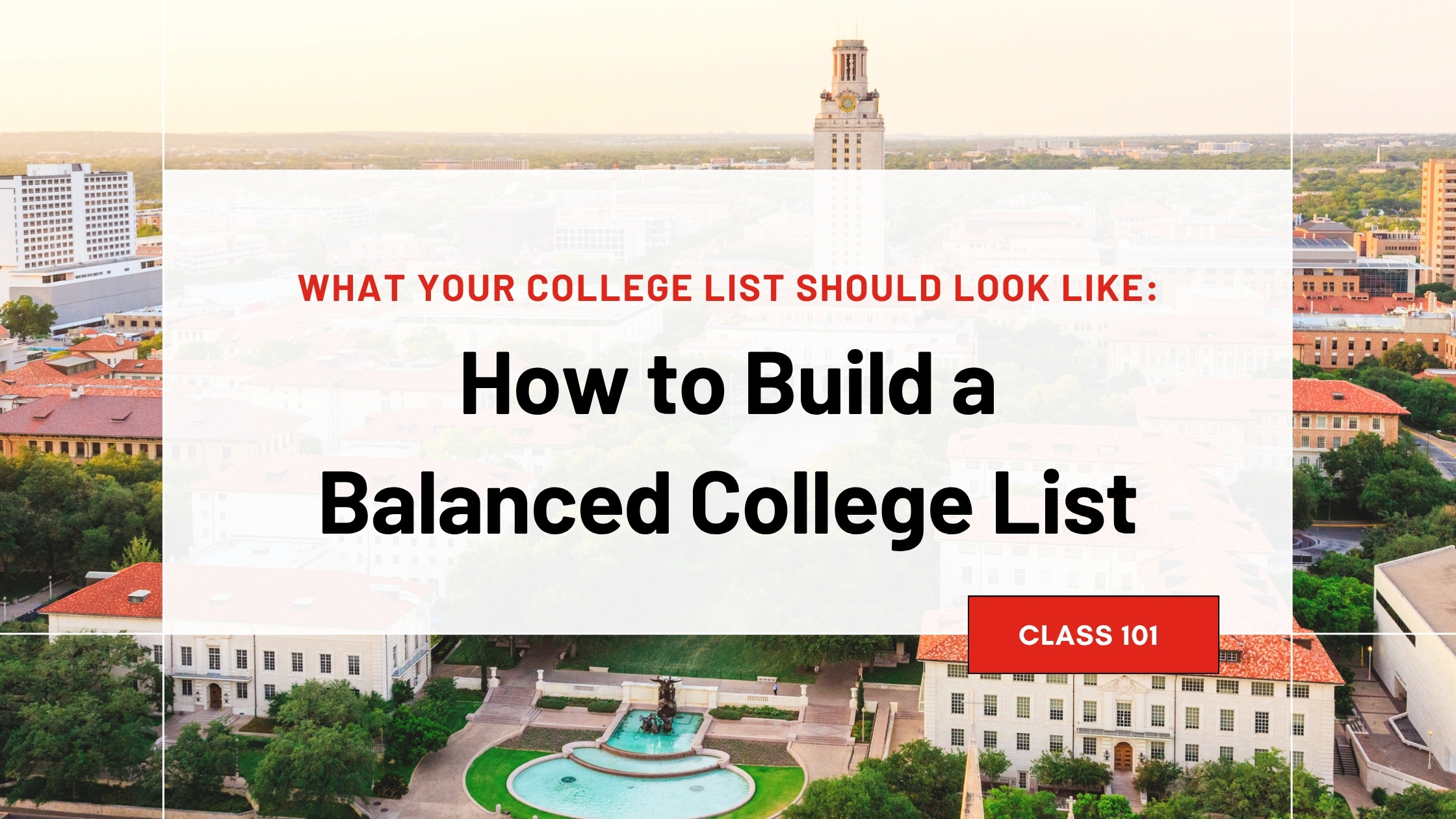February 8, 2023

Every student knows the dread that comes with enrolling for new classes. There’s the hassle of trying to figure out which classes match graduation requirements and which classes a person’s friends are in. Then there’s the baggage that comes with preparing for college. Which classes are going to look best on an application? Is it better to take a difficult class or one that will allow a student to excel?
From our years of work around the country, one thing is clear: Course selection does matter when it comes to college applications. Most colleges look at a student’s transcript to understand their abilities. However, not all colleges look at coursework in the same way and there are different factors that students need to consider before picking courses.
In this blog, we run through three major considerations that high school students should keep in mind when they start picking classes.
It’s typical for high schools to have a few classes that are known for giving “easy A’s”. Whether it’s the teacher or the coursework, students know that they won’t have any difficulty getting a good grade at the end of the term.
While these courses might be attractive, both because they tend to have a lower workload and because they might raise a student’s GPA, high schoolers should be aware that colleges look out for these kinds of courses. Indeed, many admissions departments try to take into account how difficult a student’s course load is when evaluating their GPA. The three kinds of classes that colleges look for include:
While all these classes can look good on a transcript, students should also make sure they are the right fit for them. An A in a regular course can look better than a C or D in an advanced placement course.
Next, students should make sure that they are taking classes they need alongside those they enjoy. They need to demonstrate some sense of interest and adventure in learning.
Most states require students to take several “core” subjects—including English, math, social studies, and science—to graduate. While these are important, students should make sure to get outside that box to demonstrate their intellectual growth. An art or music class can be used to demonstrate a student’s creativity, even if it is not explicitly required for graduation. Classes like robotics, film, or sociology could help tell a story about a student’s hobbies and interests. It might even awaken new interests that students didn’t realize they had.
This leads us to our last point, which is that high school classes can serve as an opportunity to explore potential majors or build a foundation for later college work.
A student who is interested in attending MIT or other college focused on STEM may want to focus on taking high-level math courses over photography. Similarly, a student interested in pursuing fashion or studio art at New York University may want to take courses related to those fields in high school. In doing so, students demonstrate their interest in a school and major. Completing and excelling in courses show that a student will be committed to pursuing similar subjects if they are accepted to college.
In this piece, we reviewed a few of the considerations students might want to keep in mind as they decide between classes. However, this list is not comprehensive. By signing up today with a Class 101 location here, and working with an educational consultant you can get deeper, more personalized advice on the colleges that are right for you or your student.

June 24, 2025
It’s around this time of year that many students and families start looking for the right college. This process tends to start with a college list, a collection of schools to apply to that match a student’s academic profile, interests, and the kind of experience they want to have. Having a well-rounded, strategic list of […]
Read More >
June 20, 2025
Every year, Class 101 awards scholarships to four high school students through the 101 Scholars program. Given to students of outstanding merit, it asks students to explain how they’ve used their skills and talents to change their community and the lessons they’ve learned from these experiences. This year, Class 101 is pleased to announce the […]
Read More >
May 22, 2025
One of the central parts of the college application process is the application essays. While grades and test scores give some hint at a student’s capabilities, the essay provides an opportunity for a student to present themselves on their terms. It can be used to show not only who they are but how they think […]
Read More >